Alongside the BBC's new five-part series A Perfect Planet, we bring you some of our visual highlights from the show. The new Sir David Attenborough documentary is now available on BBC iPlayer.
The first four episodes explore the power of volcanoes, sunlight, weather and oceans. The final episode in the series looks at the dramatic impact of the world’s newest force of nature: humans – and what can be done to restore our planet’s perfect balance.
The series itself takes a look at lands drenched by the Indian Monsoon to the slopes of fiery Hawaiian volcanoes, from the tidal islands of the Bahamas to the frozen wastes of Ellesmere Island.
A Perfect Planet was 4 years in the making, filmed in 31 countries across 6 continents. The crew of over 200 people took over 3,000 hours of footage, witnessing 6 volcanic eruptions at featured locations.
Commenting on the series prequel, Sir David Attenborough said: "This year perhaps more than ever, people are finding comfort and solace in the natural world. Whilst we may not be able to travel, we can take a few moments to enjoy our wonderful and diverse planet in this incredible footage.
"Oceans, sunlight, weather and volcanoes – together these powerful yet fragile forces allow life to flourish in astonishing diversity. They make Earth truly unique – a perfect planet. Our planet is one in a billion, a world teeming with life. But now, a new dominant force is changing the face of Earth: humans. To preserve our perfect planet we must ensure we become a force for good."
Scroll down to look through some of our picks of pics from the show.
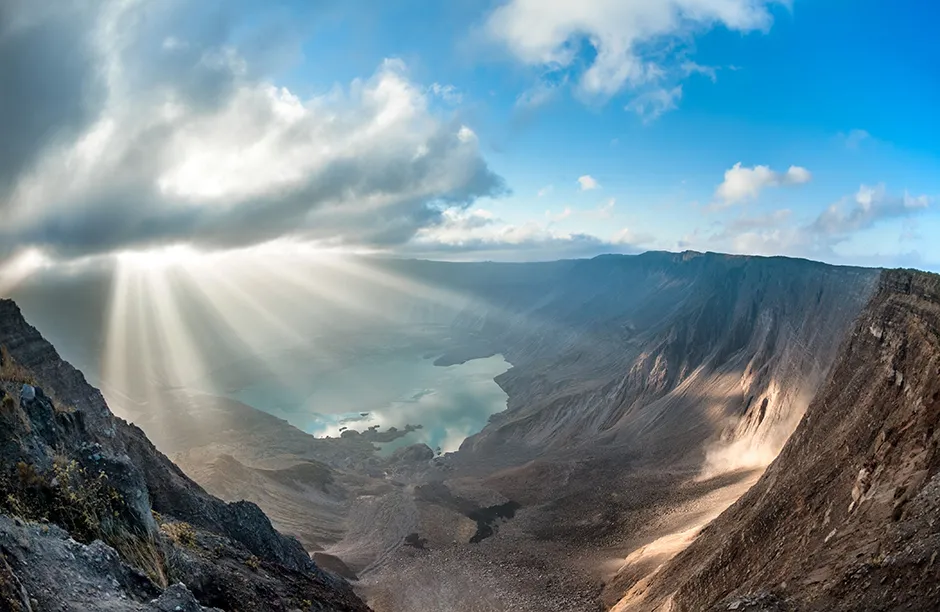
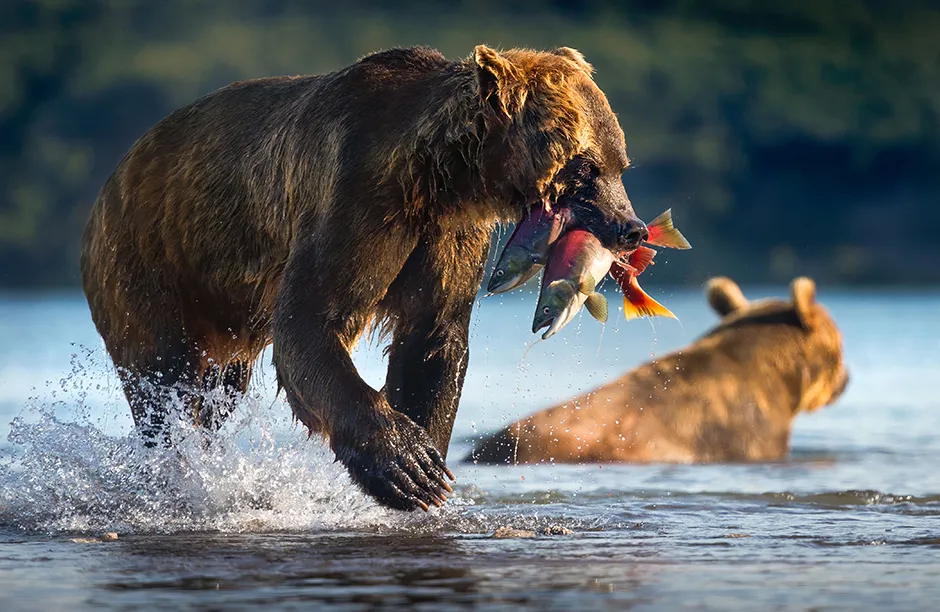
"My favourite moment in the series would be the aerial footage of the lesser flamingos nesting on Lake Natron," said Huw Cordey, A Perfect Planet series producer. "This event only happens once every five years or so, and then with virtually no notice, so just capturing the spectacle on film was a huge achievement for the team. But the drone shots of thousands of breeding flamingos on the otherworldly Lake Natron, with the towering volcano of Ol Doinyo Lengai in the background, are something else."
The extraordinary sight of flamingos nesting on Lake Natron opens episode one. "It is one of the most extraordinary survival stories in nature, absolutely beautifully shot," said executive producer for the show, Alastair Fothergill. "It combines epic aerial images, captured as never seen before, with a really dramatic narrative and intimate character portraits."
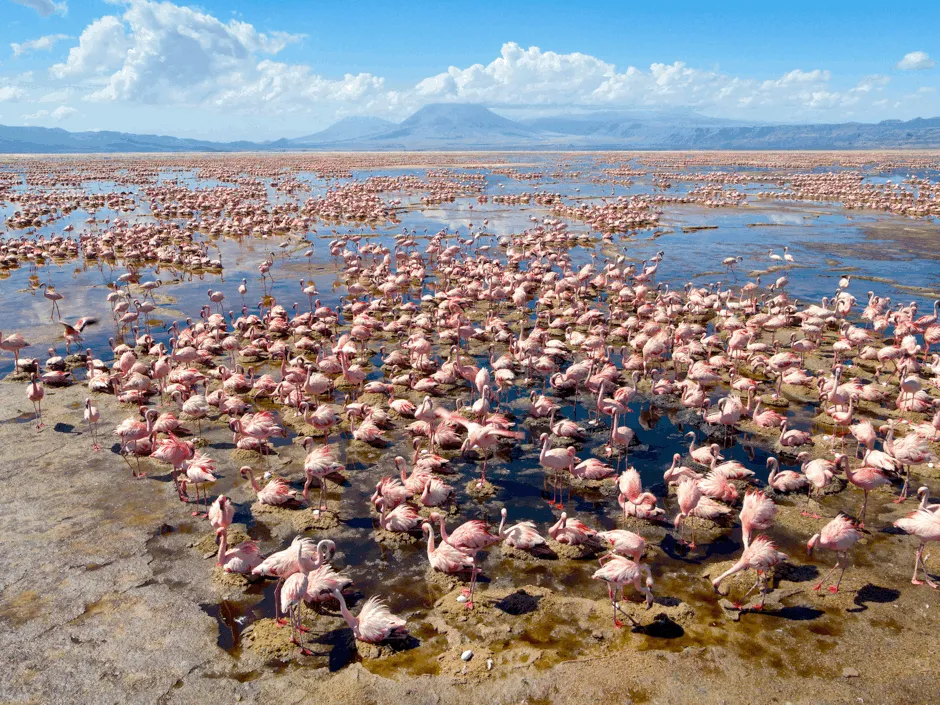

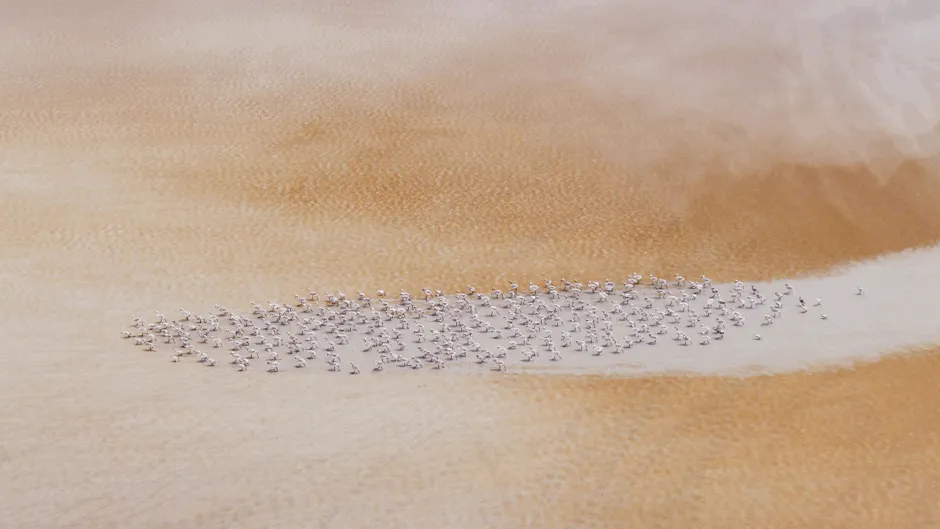
The team also visited the Galápagos to film for episode one, meeting the birds of the islands, the boobies, which aren't found anywhere else on the planet.
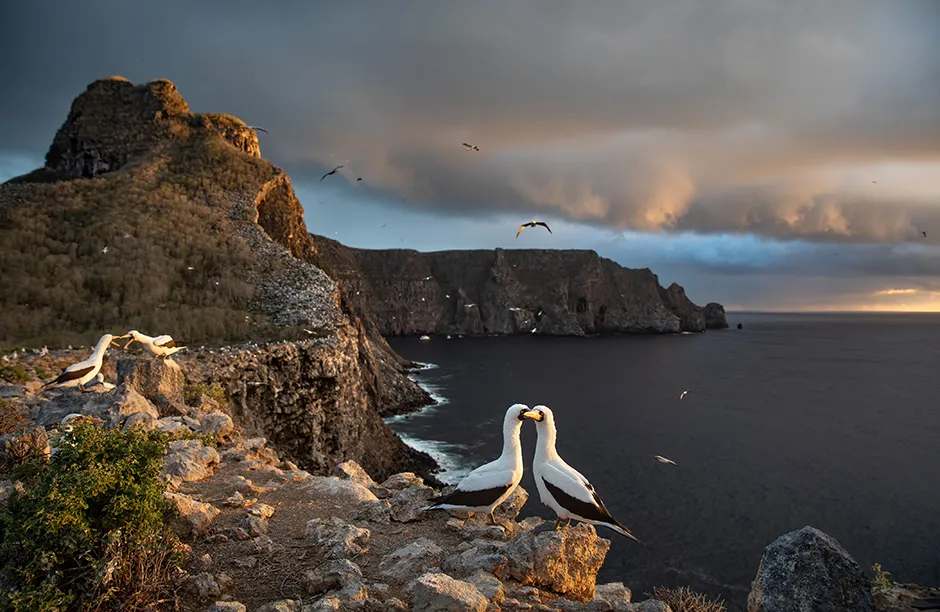
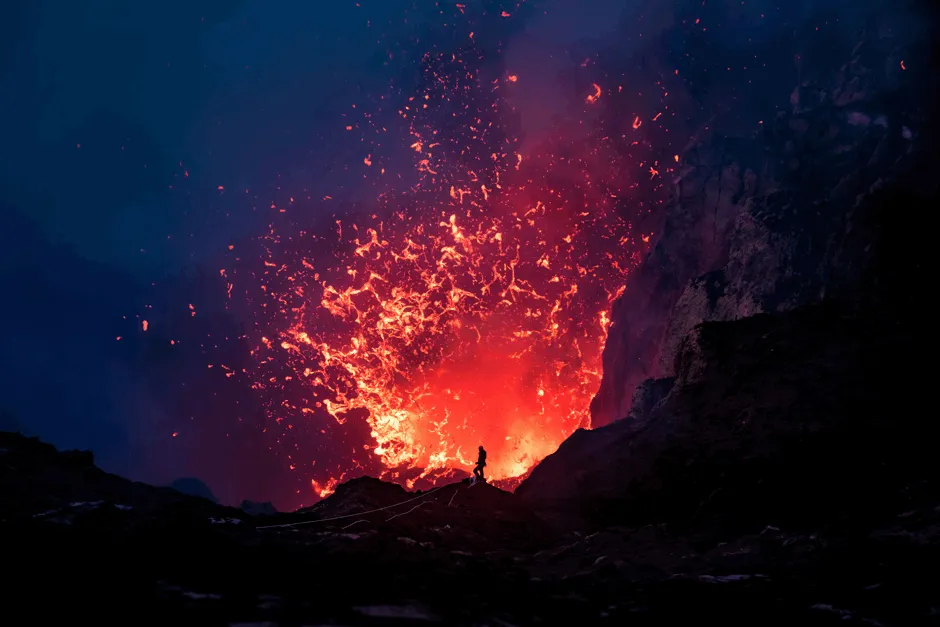
The second episode will look at the impact of the Sun on nature. Locations include the Plitvice Lakes National Park in Croatia, the Queen Sikirt Botanical Gardens in Thailand, and various locations in Iceland.
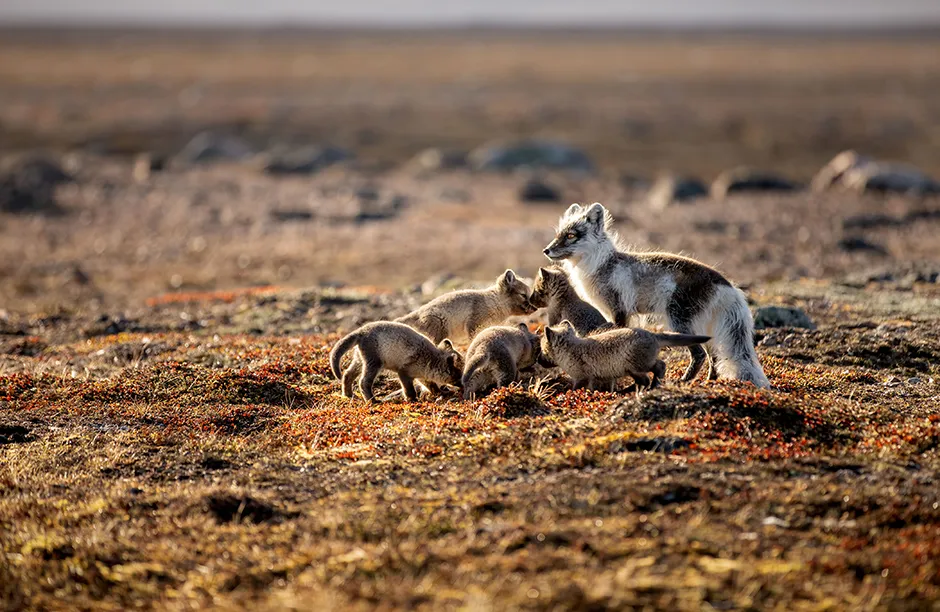
While the third episode reveals how weather distributes freshwater around the globe, with scenes in Australia, Brazil and Zimbabwe.
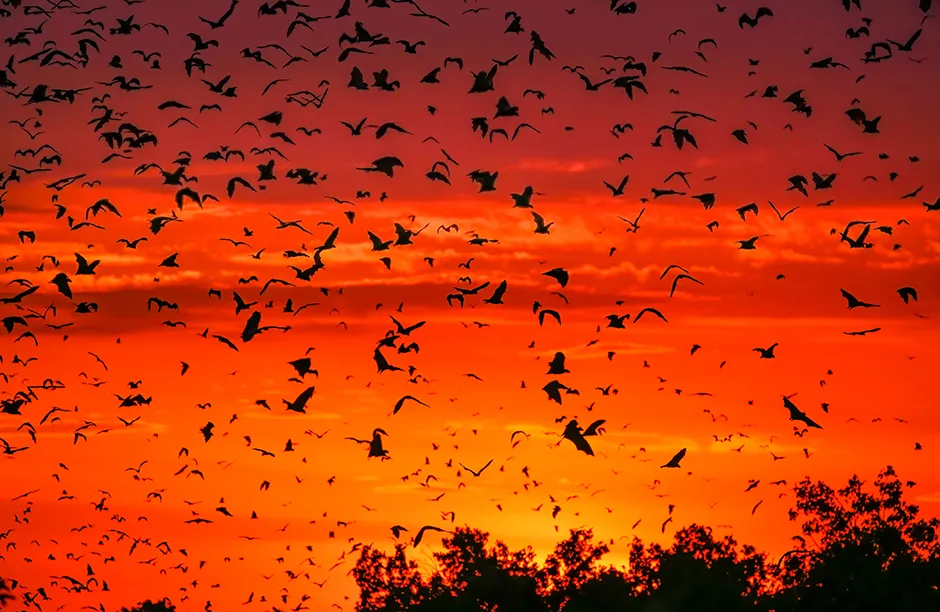
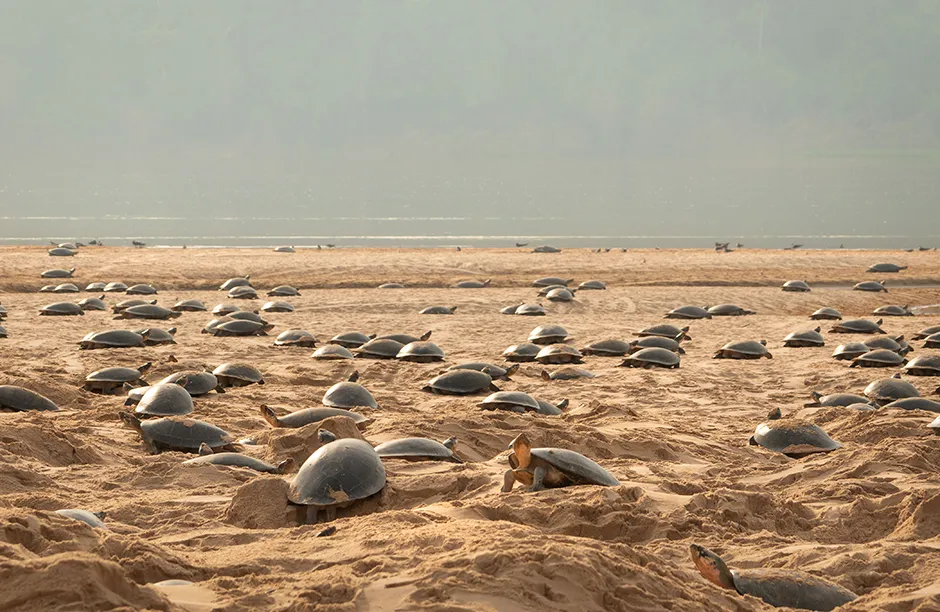
The Oceans episode introduces us to the animals of Norway and Guam, as well as returning to the Galápagos.
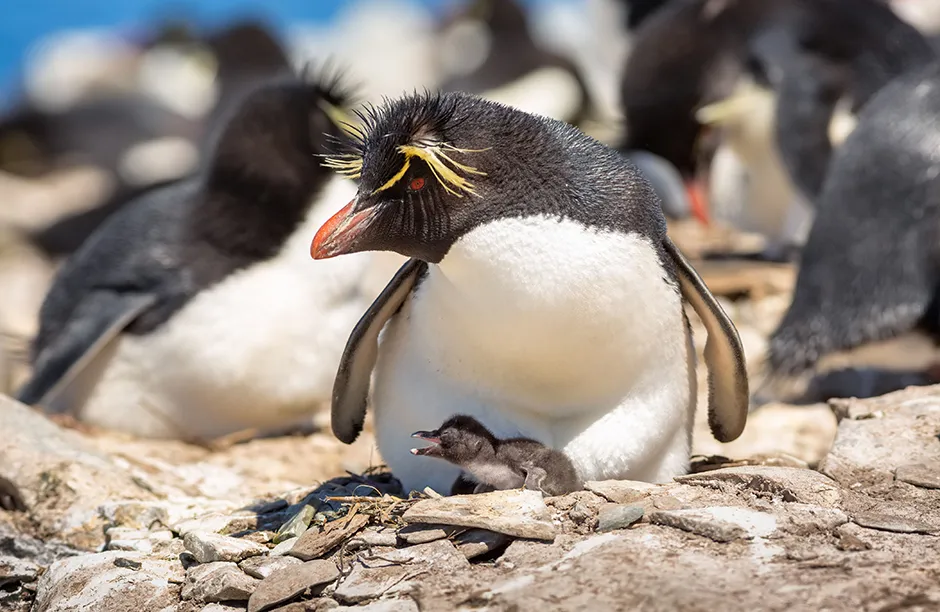
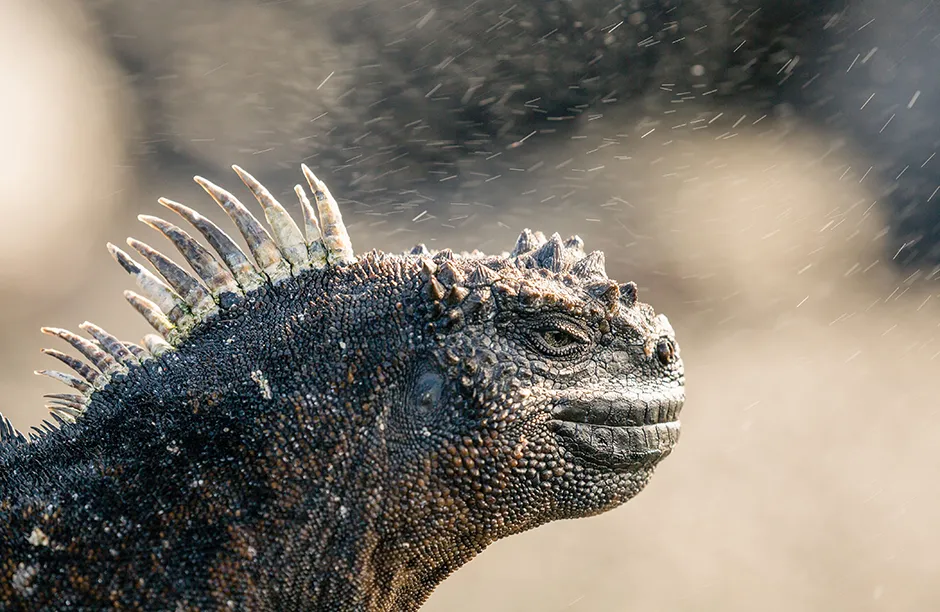
The final episode is "the most important story of our times" according to Sir David Attenborough. It explores humans' impact on this perfect planet.
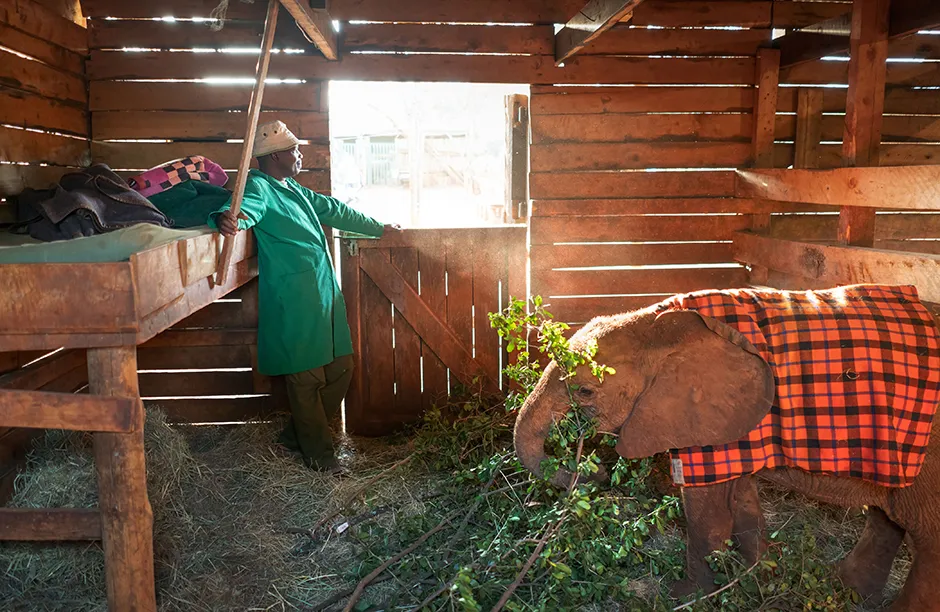
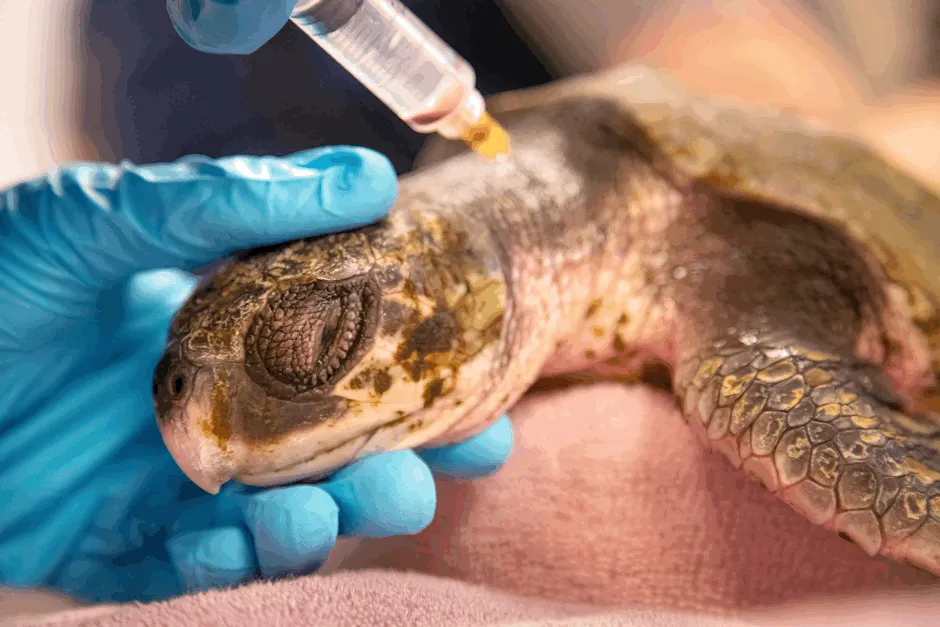
- A Perfect Planet, for BBC One, is a Silverback Films Production for BBC and Discovery, co-produced with Tencent Penguin Pictures, ZDF, China Media Group CCTV9, France Televisions and The Open University. Distributed by BBC Studios.
See more stunning photos in the accompanying book A Perfect Planet: Our One in a Billion World Revealed (£25.00, BBC Books) by Huw Cordey with a foreword from Alastair Fothergill.
- Buy now from Amazon UK, Bookshop.org andWaterstones